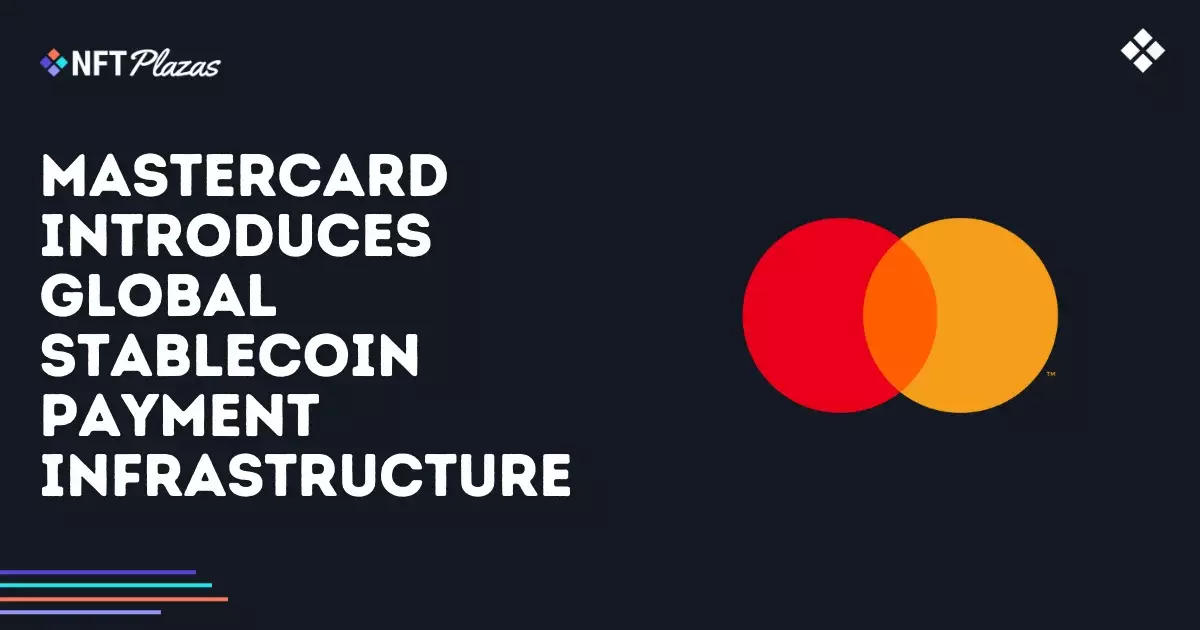In a bold move that promises to reshape the gaming landscape, Ubisoft has introduced the Decentralized Verification Network (DVN), a groundbreaking protocol that extends beyond the limitations of traditional blockchain infrastructure. In a world increasingly dominated by digital transactions, the ability to seamlessly transfer in-game assets across over 130 blockchain networks, including heavyweights like Ethereum and Solana, provides a tantalizing glimpse into the future of digital ownership. The concept of digital portability is no longer a dream; it has manifestly entered the realm of possibility, and Ubisoft is at the forefront.
Why Portability Matters
The very essence of gaming is evolution. Gamers want to feel that their investments in digital assets are not confined to a single platform. Ubisoft’s DVN addresses this by functioning as an interoperability protocol rather than a standalone blockchain, creating a scenario where players can retain true ownership of their digital items—think characters, collectibles, and more—through different environments without losing their unique identifiers. As a substantial leap from older, static models of asset management, this flexibility is crucial for cultivating consumer trust and loyalty in a market that often feels fragmented and restrictive.
The Power of Customization
One of the most exciting aspects of the DVN is its permissionless nature. Any entity can create a DVN, which means that developers and gamers alike can tailor their security setups. This flexibility is a crucial step away from the rigid structures that have long hampered technological advancement within the gaming industry. As developers navigate their security needs, they can customize verification methods, offering choices that can drastically improve performance and create highly secure environments for players. In essence, DVN advocates for a more democratic approach to digital ownership.
Ubisoft’s Legacy in Blockchain Gaming
Ubisoft has been on a blockchain journey since 2021, experimenting with various titles and platforms, including their foray into NFTs with “Ghost Recon: Breakpoint.” However, what sets this initiative apart is its potential for embedding blockchain technology deeply within the fabric of gaming, rather than relegating it to isolated experiments. With ongoing projects like “Might & Magic: Fates” on the Immutable platform, there’s a palpable sense that Ubisoft intends to formulate a broader, long-term strategy that integrates blockchain technology for immersive experiences.
A Cautious Yet Optimistic Outlook
While Ubisoft’s advancements herald a new era of possibilities, it is crucial to recognize that any new technology, particularly one as transformative as blockchain, comes with inherent risks. The gaming community remains skeptical about the speculative nature of NFTs and digital assets as a financial investment. Nevertheless, by prioritizing asset portability and security, Ubisoft is setting a potentially resolute foundation that could lead to mass acceptance of blockchain in gaming.
Ubisoft’s DVN is not just a technical marvel; it’s a statement about the future of gaming. The industry is shifting rapidly, and with innovations like this, Ubisoft has positioned itself as a pioneer in a brave new world where digital ownership is no longer a fleeting concept, but a fundamental principle.















